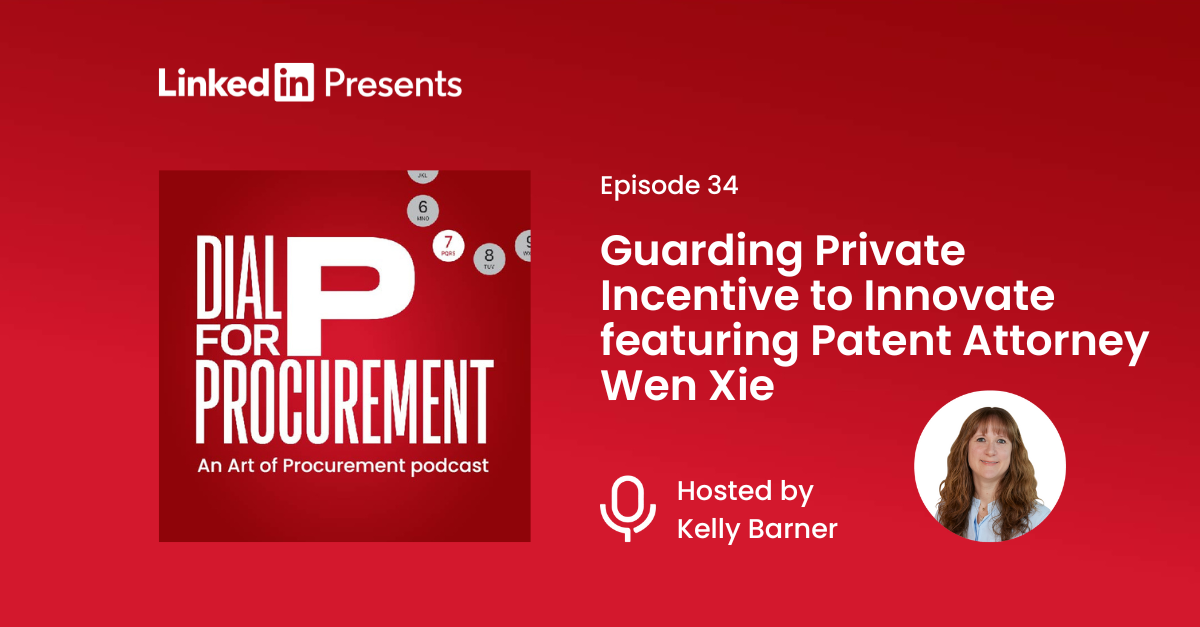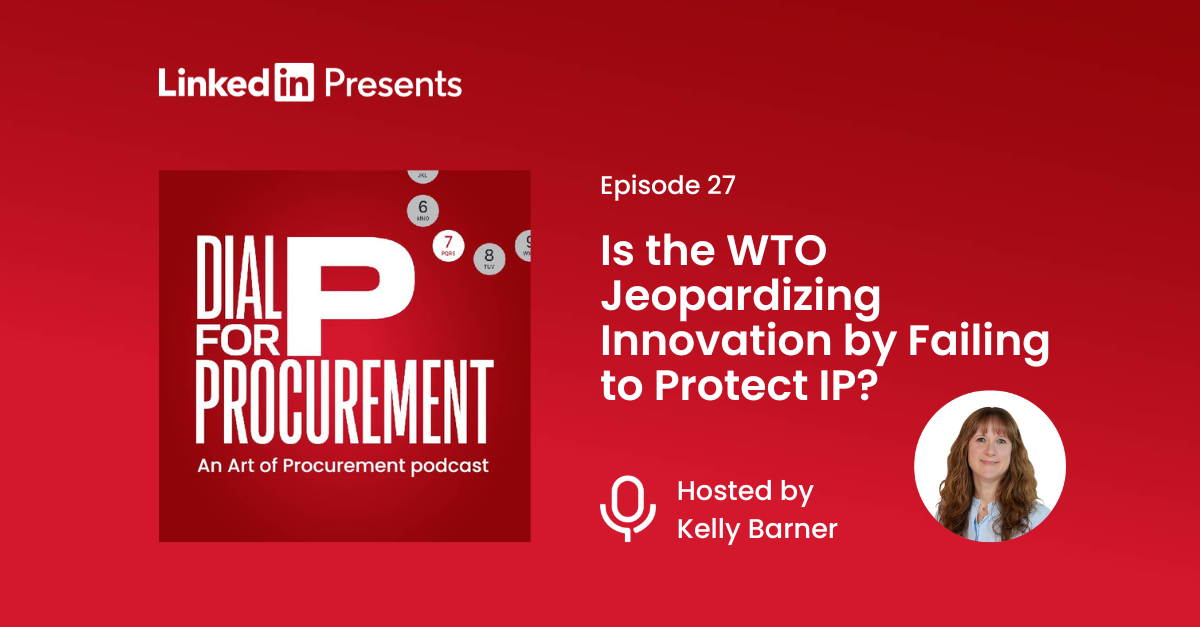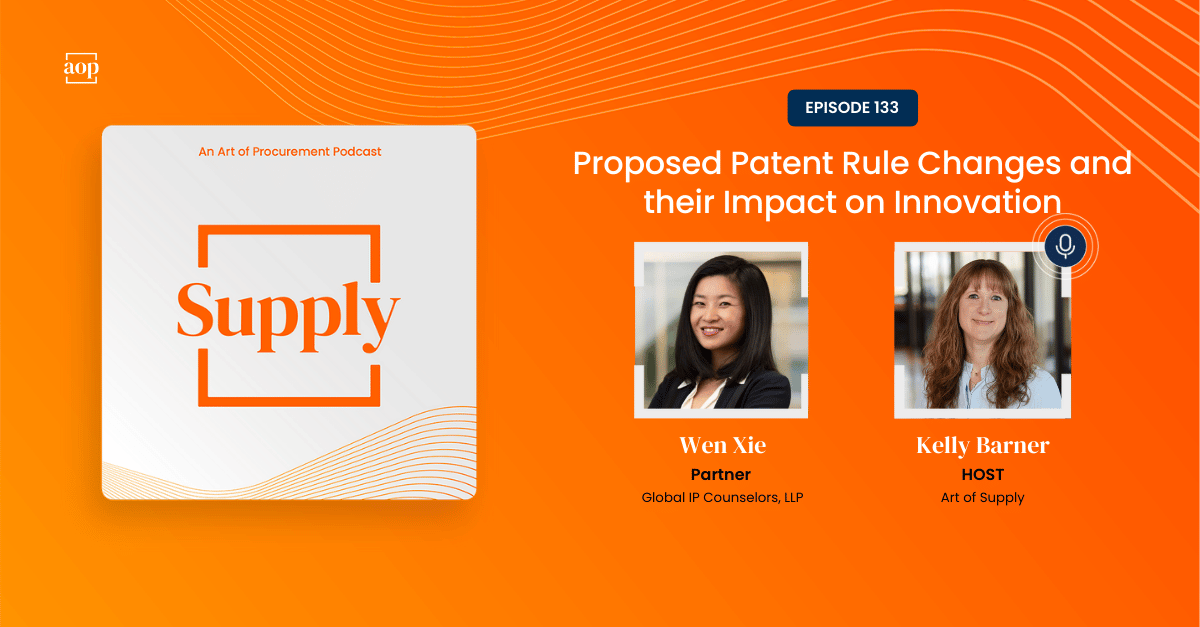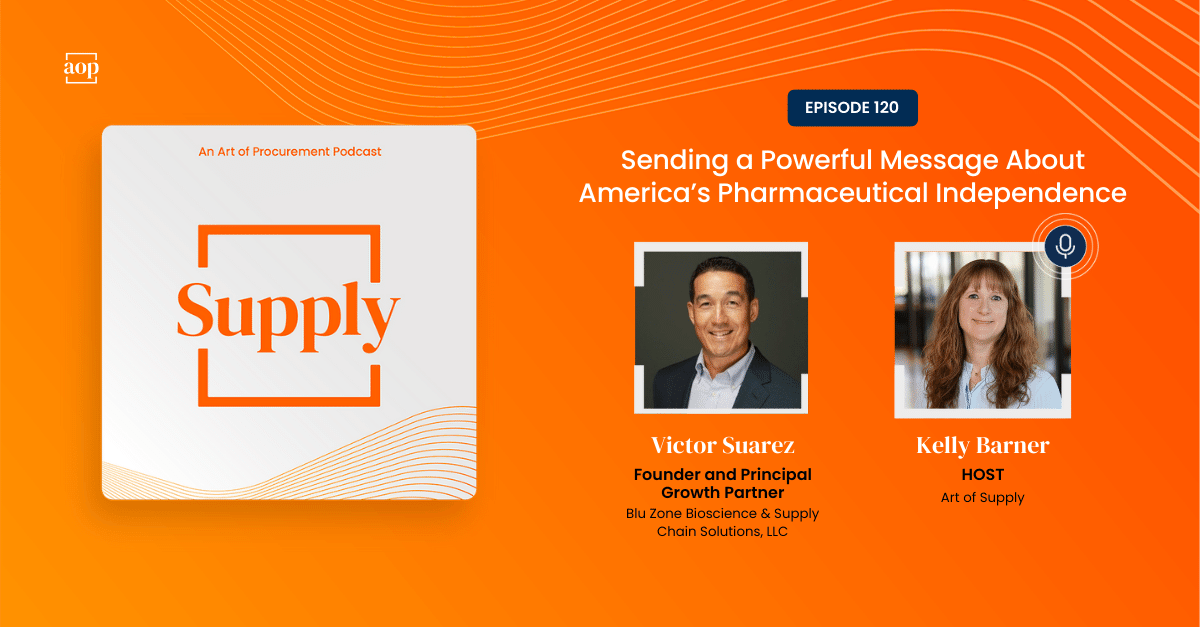1 min read
Guarding Private Incentive to Innovate featuring Patent Attorney Wen Xie
Kelly Barner : Updated on December 1, 2024

On June 17, 2022, the member countries of the World Trade Organization (WTO) accepted a proposal made by the U.S., E.U., India, and South Africa that modifies nationally granted intellectual property rights related to the COVID-19 vaccine.
The proposal was leaked early, so the world knew the vote was coming. But other than the WTO and a few media organizations, most of the world shrugged at the news, despite the big picture implications for private industry.
The COVID-19 vaccine was made available on an impressive timeline, thanks to the incentives created by Operation Warp Speed. But if for-profit companies fear losing their intellectual property rights, what choice will they make in the future?
Many innovations, including mRNA vaccines, are the result of private investment and risk tolerance. If companies do not believe their intellectual property rights will be respected and protected, they have less incentive to innovate and almost no incentive to collaborate.
Wen Xie is a patent attorney and a Partner at Global IP Counselors, LLP. In this Dial P for Procurement interview, she and host Kelly Barner review the events leading up to the proposal’s acceptance and its potential future implications:
- How the WTO’s decision to waive IP rights for COVID-19 vaccines might change the decision-making calculus of for-profit companies going forward
- Where we may already be seeing evidence that other international organizations are considering the extent to which they can challenge IP rights
- What professionals that are not in the field of intellectual law should take away from this series of events
Subscribe to Dial P for Procurement
Apple | Stitcher | iHeart Radio | Email




